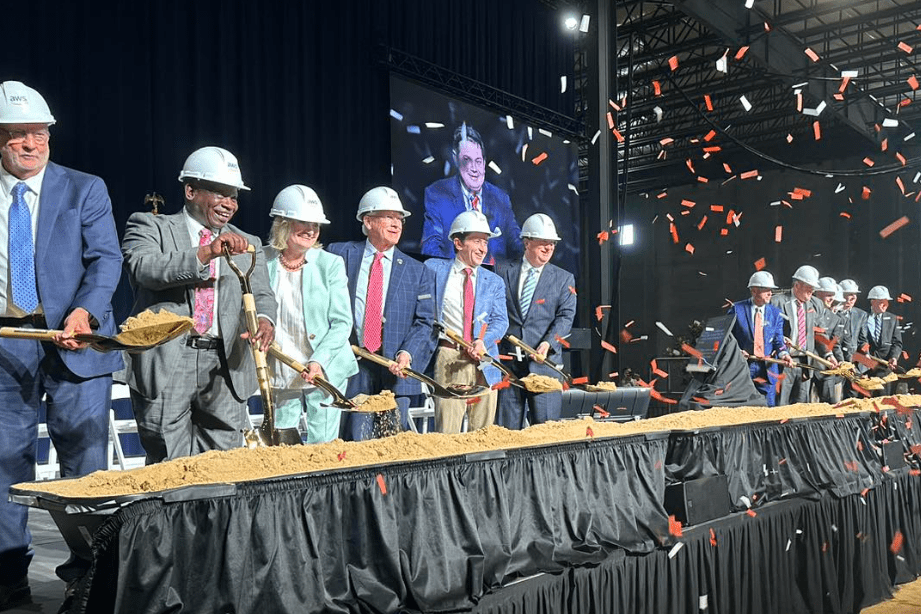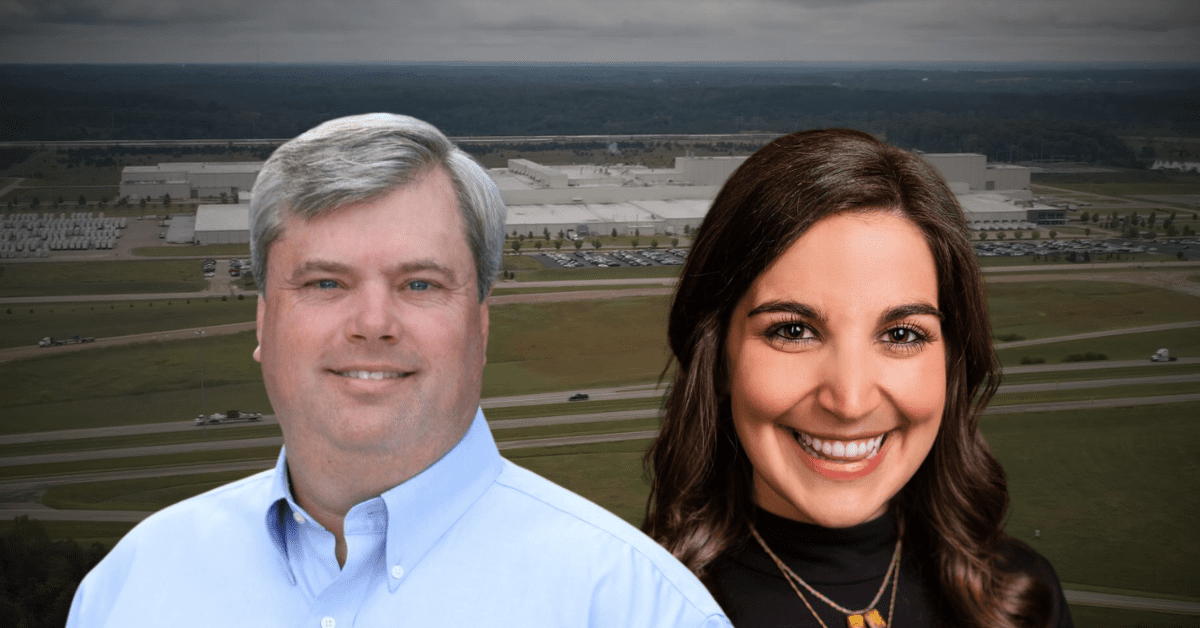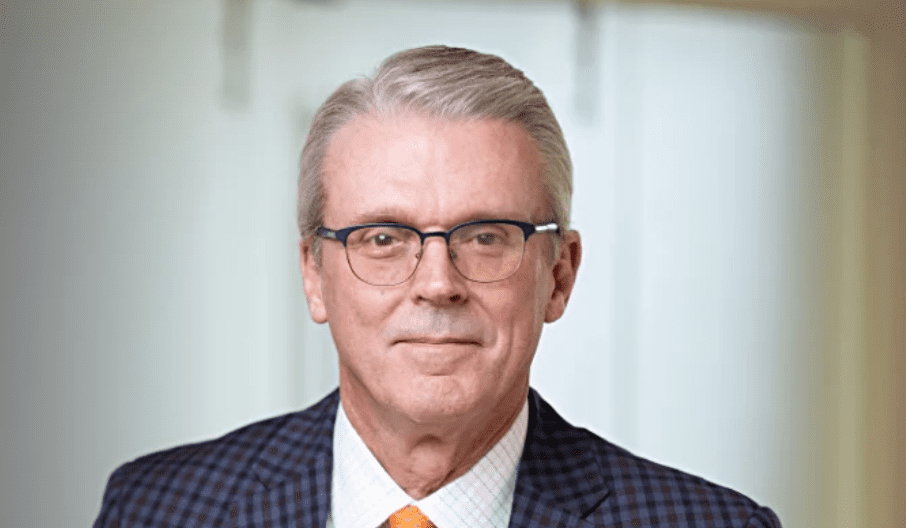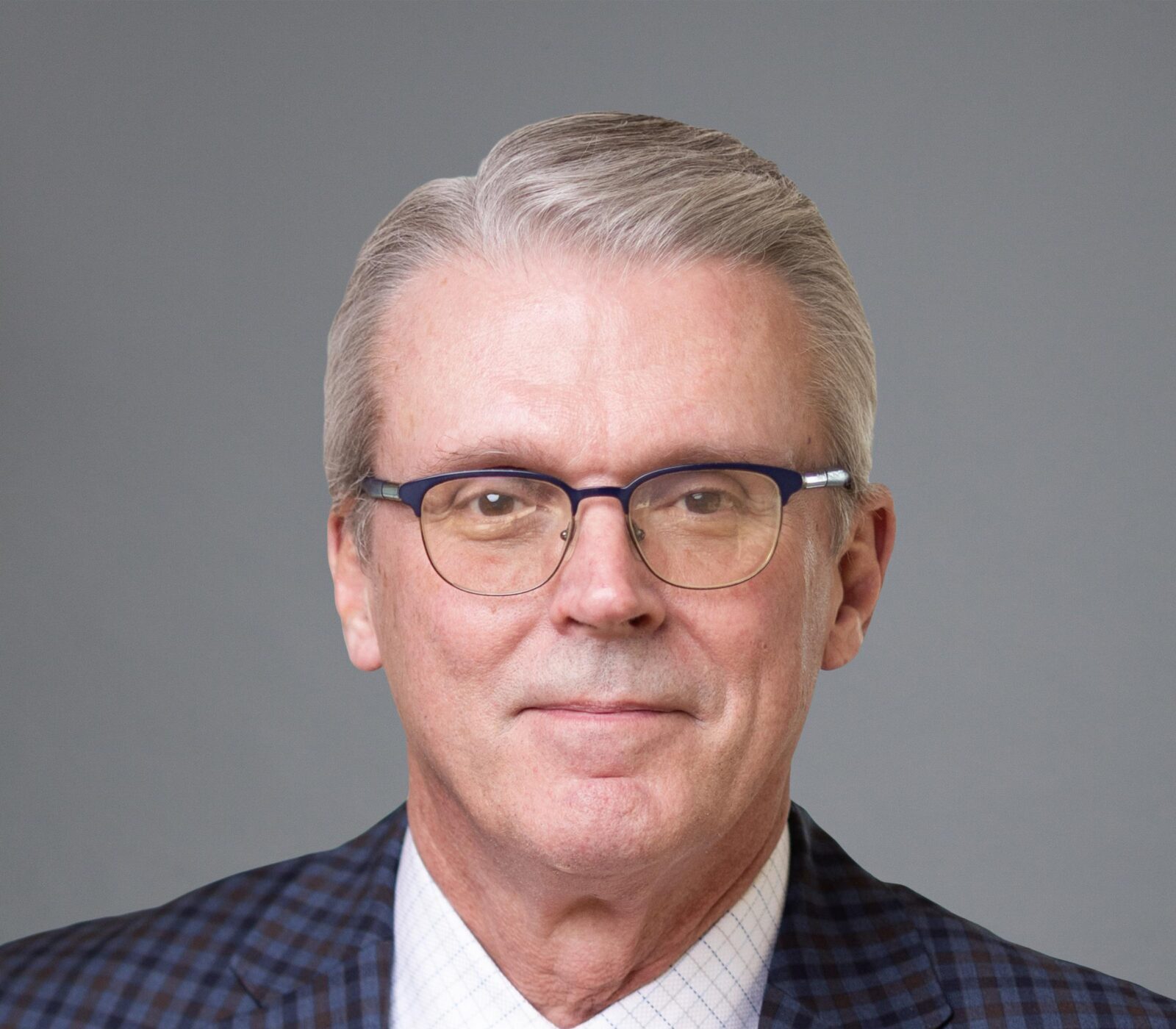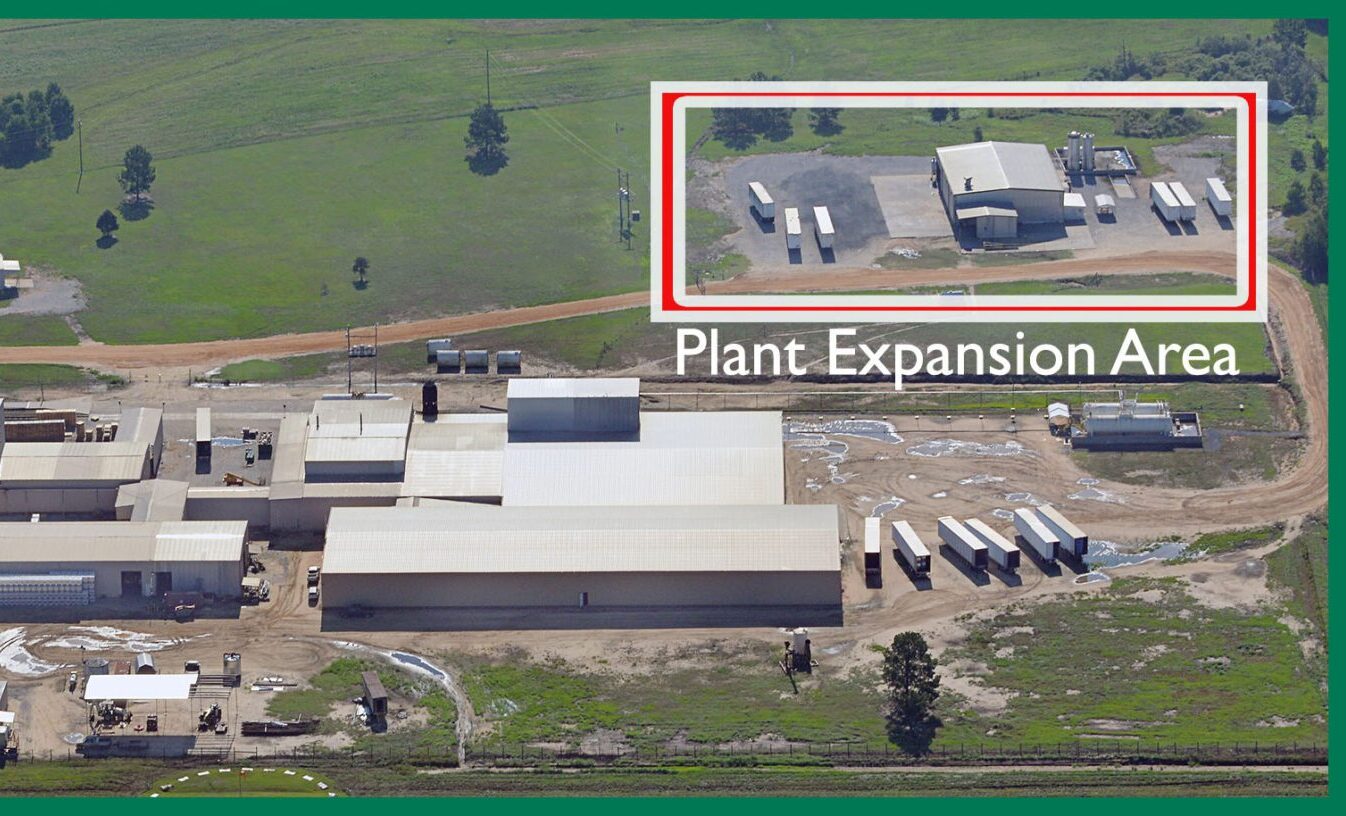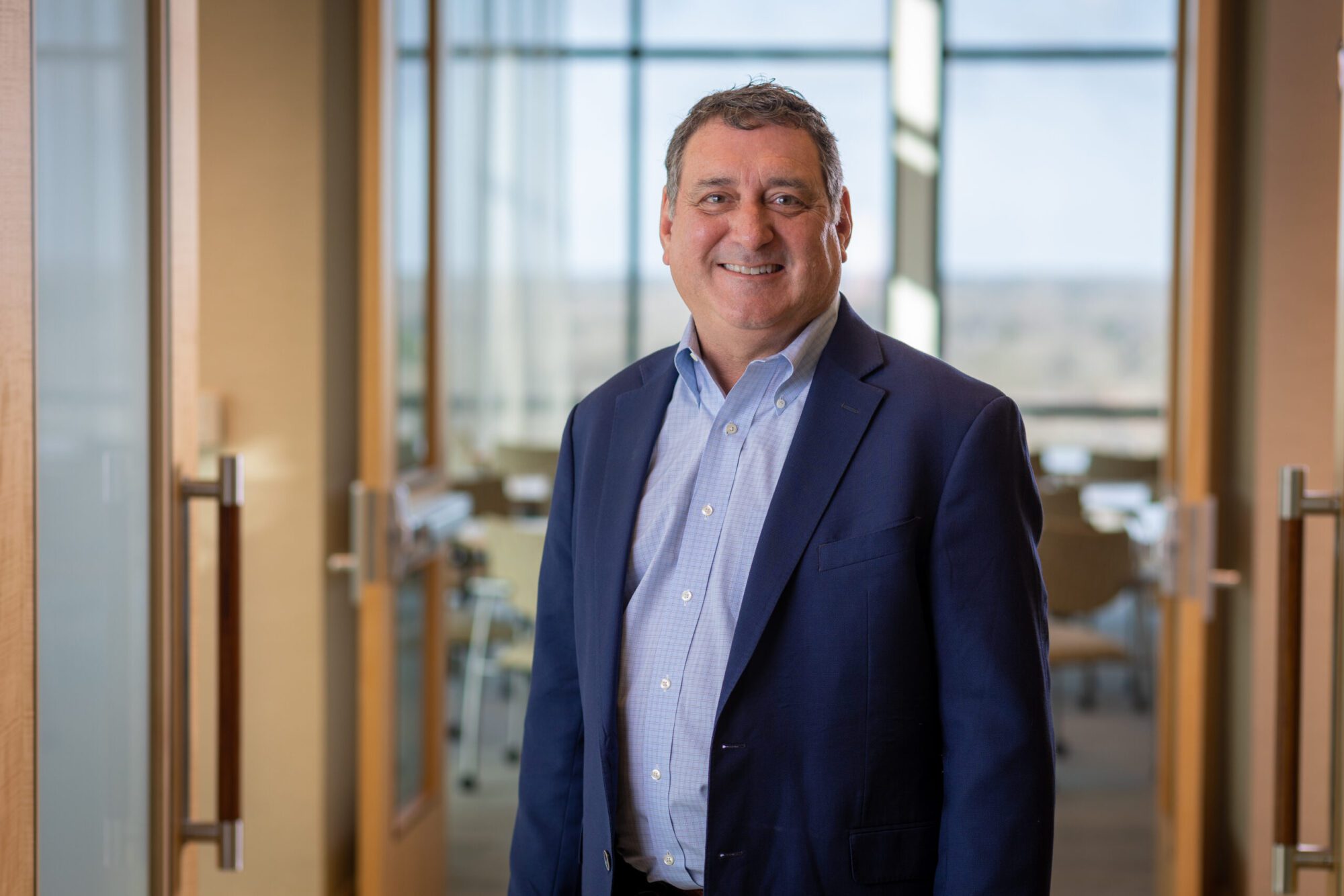
Business Columnist Phil Hardwick talks the current state of economic development with Gray Swoope.
After a successful 30-year career in economic development, including stints as state economic chief in Mississippi and Florida, Gray Swoope launched the VisionFirst Advisorsconsulting practice in 2015.
Recently, VisionFirst and Florida-based lobbying giant The Southern Group announced their strategic partnership in a move that pairs state and local lobbying efforts with economic development site selection and community strategy.
In this Q&A interview, Swoope discusses the current state of economic development.
What was the inspiration for your company name, VisionFirst Advisors?
Successful economic development and site location have one major component in common, strategy – starts with a vision first. Another big consideration was a name the was sustainable for the company. Our vision, first, was to build a consulting company that could provide a long-term opportunity for our team, a passion not just a job.
Thus far, VisionFirst has been involved in numerous projects with clients in 48 states. Which project stands out the most for you?
There is no one single project that stands out, rather it was the emphasis to expand our footprint beyond the south, where we had the most experience. We were and are fortunate to work with those we knew in Mississippi and Florida who have global needs. Today, we have worked with 10 Fortune 1,000companies and numerous others across the country on their location advisory needs.
It is noted that your new strategies partner, The Southern Group, is primarily a lobbying group. What’s the connection between economic development and lobbying?
The Southern Group (TSG) is the largest lobbying firm in Florida with offices in Alabama, Georgia, and South Carolina.Recently, they announced the establishment TSG Advisors, a suite of consulting verticals first launching in education and public safety. Through our partnership, VisionFirst will lead the TSG consulting vertical for economic development. We have found our clients need comprehensive support beyond strategy and site selection services such as policy and regulatory support.
What is the biggest impediment for communities as they face economic development?
Leadership. It matters. Successful economic development requires a holistic approach. Yes, it is winning competitive projects, but it is also fostering business formation, tourism, asset optimization, and workforce development. The right leadership is essential to implementing this collaborative strategy, understanding who is involved and when. This is especially true for regional efforts to be effective.
What is the most important thing local economic developers should know about working with an economic development consulting company?
When we first visit your community, it is actually not our first impression. Our first impression is formed from online research and data. As a result of that research, often we know more about the community than the economic developer. It is “the why” we are searching for, the story behind the data point. In the bookGood to Great it talks about getting the facts, the brutal facts. No economic development strategy will be successful without understanding the data.
Since you founded your firm, you have succeeded well. Many economic developers have attempted consulting after working with the public sector, so what contributed mostly to your success?
From the very first planning session Griff, Melissa, and I talked about a model that was not just a transition to the next job or a placeholder for retirement. Many can start and generate business from relationships, but that is not sustainable. You must deliver results that garner repeat business while also expanding yoursphere of influence with new audiences.
You said that economic development marketing practices are rapidly changing. How so?
Historically, local economic development was won by having a site and tax abatements. Today’s projects are complex regardless of the industry. As you saw with the recent AWS announcement, capital investment in a project can be in the billions of dollars. Companies of all sizes are looking for a commitment from the community to be a long-term partner to understand the company’s needs and demonstrate the ability to deliver results. Mitigating risk associated with construction timelines, workforce development and training, local infrastructure, and tax policies is critical in today’s marketplace.
You emphasize strategy. Discuss.
Without direction, you will end up where? Every business, organization, or entity needs a roadmap. Team or individual sports all have strategies. And it does not have to be complex, just implemented. I once heard Van Cunnigham, a retired consultant say, “A grade ‘A’ implementation of a grade ‘C’ plan is better than no implementation of the grade ‘A’ plan.”
Workforce analysis is one of your many tools. Mississippi is suffering from a low workplace participation rate right now. So how would you analyze Mississippi‘s workforce?
Mississippi, like many southern states, has a poor perception when it comes to workforce. However, each day you see some of the biggest global brands announce and develop mega facilities in our state. That demonstrates a workforce that goes beyond the data point. The state has made significant strides in its K-12 education system, and we are starting to see those initiatives change the trajectory of our talent pipeline – from third grade reading scores to high school graduation rates the numbers continue to rise. I know the state is implementing the right policies for our students of today and tomorrow.
Looking ahead, what do you see for the South’s economy in 2024 in general and Mississippi in particular?
The South is built on manufacturing. Manufacturing today is technology-driven with jobs that go well beyond an assembly line to 3D printing, software development, sustainability initiatives, and more. These manufacturing facilities and the innovations they are implementing allow the South to be a testing ground for new research and development. Leveraging our research universities offers significant opportunities for Mississippi and the South overall.
